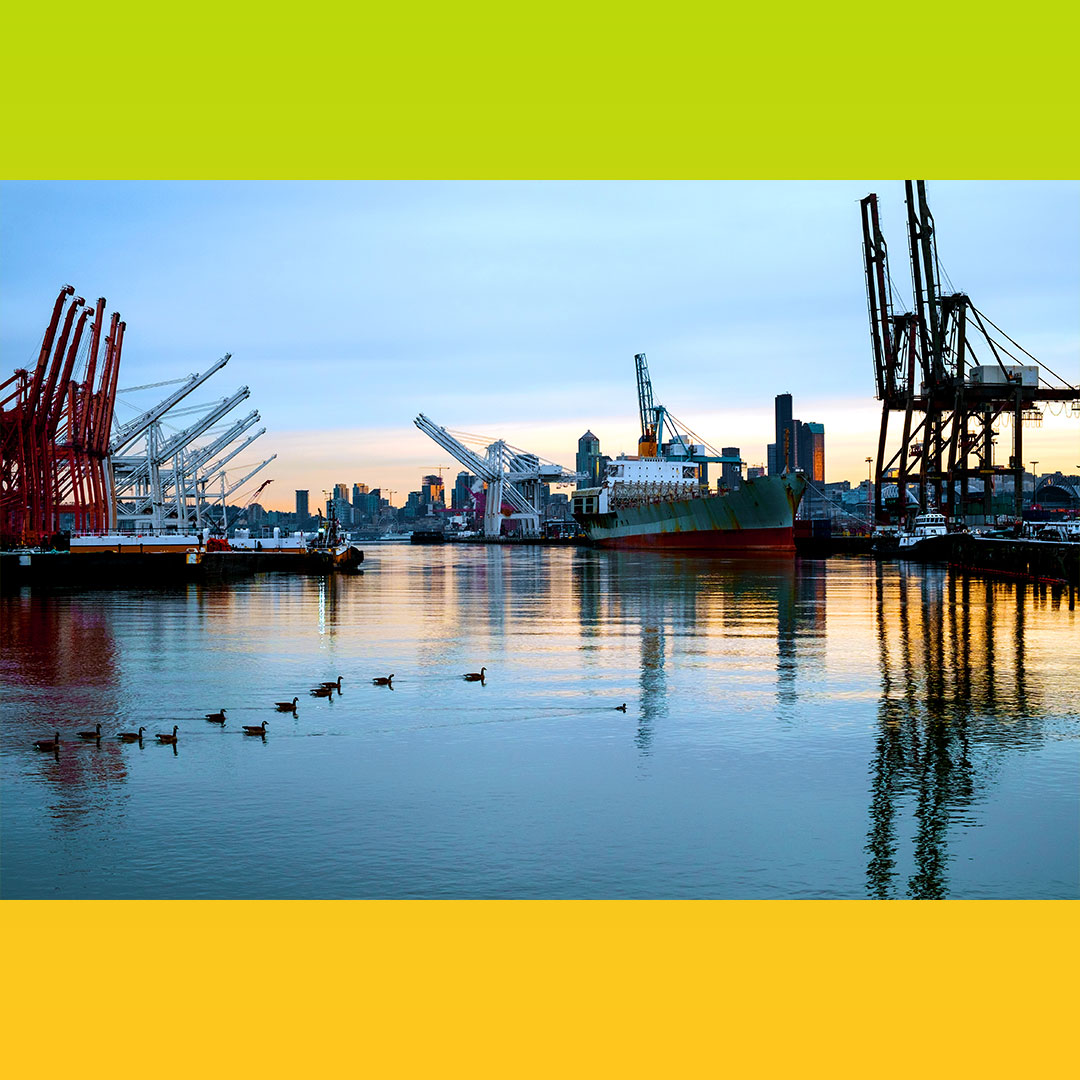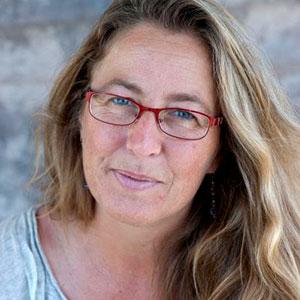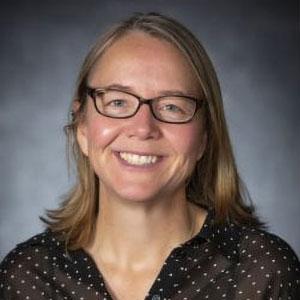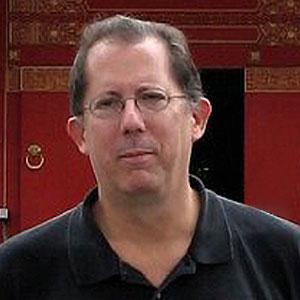A River for All: Community Advocacy for Environmental Health

WHEN
Thursday, November 3, 2022
11:00 a.m. - 12:00 p.m. (Pacific Time)
LOCATION
Online
Zoom
PRICE
Free
Check out this video to watch the A River for All: Community Advocacy for Environmental Health.
A Speaker Series: Toxicology and Societies - The Impacts of Chemicals in Our Lives
Brought to you by:
WWU Institute of Environmental Toxicology and Chemistry
WWU Alumni Association
The health of neighbors, fishing families, and recreational users of Seattle's Duwamish River is directly affected by the legacy of toxic dumping in the river and surrounding areas. The river was listed as a Superfund site requiring cleanup in 2001, but EPA regulations do not account for the cumulative impact of residents' exposures to pollution in the river, air, and neighborhood soils that plague the Duwamish Valley.
This talk will examine how local residents, tribes, and immigrant fishing families in this environmental justice community are collecting their own data and advocating for a health protective cleanup of their land, air and water, as well as challenging the environmental policies and institutions that have failed to protect them throughout history.

BJ Cummings
Speaker
BJ Cummings is the author of The River That Made Seattle: A Human and Natural History of the Duwamish (UW Press 2020), winner of the Association of King County Historical Association’s 2021 Virginia Marie Folkins Award for outstanding historical publication. Cummings founded the Duwamish River Cleanup Coalition in 2001, served as the Puget Soundkeeper Alliance's "Soundkeeper" from 1994–99, and as Sustainable Seattle's Executive Director from 2016–18. She is currently the Community Engagement Manager for the University of Washington's EDGE Center in the Environmental and Occupational Health Department in the School of Public Health, and is the co-author of several community health studies, including the Duwamish Valley Cumulative Health Impacts Analysis and Duwamish River Superfund Cleanup Plan Health Impact Assessment.
Cummings holds a Masters Degree in Environmental Geography from UCLA, and is the author and producer of numerous articles, books and documentary films on environment and development issues locally and throughout the Americas, including her 1990 book, Dam the Rivers, Damn the People: Resistance and Survival in Amazonian Brazil (Earthscan/WWF UK), and 2000 documentary film, Ecosanctuary Belize (Outside Television). Her work has been featured in Outside Television’s documentary film, The Waterkeepers and PBS Frontline’s Poisoned Waters, as well as numerous regional news outlets. Over the past two decades, Cummings has been recognized as a National River Network "River Hero," Sustainable Seattle’s "Sustainability Hero," King County’s Green Globe winner for Environmental Activism, recipient of Puget Soundkeeper Alliance's "Inspiration Award," and one of Seattle Magazine's "10 most influential leaders."

Ruth Sofield
Co-Host
Ruth Sofield is a Professor of environmental toxicology and chemistry in the College of the Environment. She received her PhD and MS in Environmental Science and Engineering at the Colorado School of Mines. Ruth’s research group focuses on the effects of water and air pollution. Their current projects include the aquatic toxicity of microplastic and tire wear particles, and the use of moss as a biomonitoring tool for particulate matter. Ruth is a member of the Puget Sound Partnership Science Panel and the President of the Pacific Northwest Society of Environmental Toxicology and Chemistry.

Tracy Collier
Co-host
Tracy Collier received his PhD in Fisheries Sciences from the University of Washington. He has worked for over 45 years as a toxicologist, with more than 35 of those years spent at NOAA’s Northwest Fisheries Science Center, where he served as the director of a science division that employed up to 100 people, covering several disciplines, including environmental toxicology, analytical chemistry, harmful algal blooms, and watershed processes. He has over 175 scientific publications, and currently is an affiliate faculty at Western.
Questions and Accommodations
Contact the WWU Alumni Association for this event. Feel free to call at (360) 650-3353 or email at alumni@wwu.edu if you have any questions or comments.
There will be auto-captions available for the Zoom webinar.